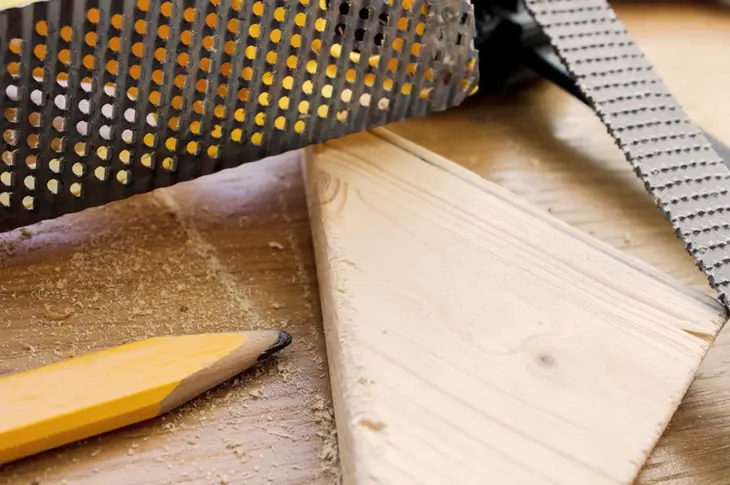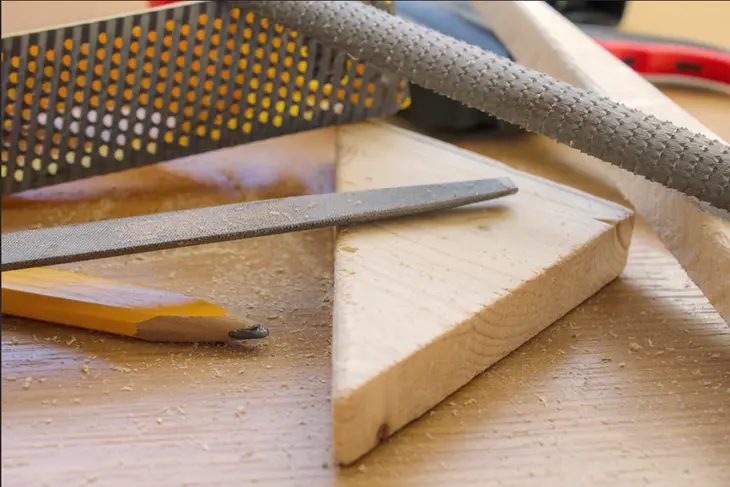
Eco-Friendly Woodworking: Sustainable Practices for a Greener Workshop
- Admin
Woodworking, while a deeply fulfilling craft, often involves the use of natural resources. However, with a growing awareness of environmental issues, many woodworkers are seeking ways to minimize their ecological footprint and adopt more sustainable practices. In this article, we'll explore eco-friendly woodworking techniques and tips for creating a greener workshop that promotes environmental stewardship without compromising on craftsmanship.
Woodworkers have a unique opportunity to make a positive impact on the environment by embracing sustainable practices in their workshops. One of the most important aspects of eco-friendly woodworking is responsible wood sourcing. Opting for certified sustainable wood from responsibly managed forests ensures that your projects are not contributing to deforestation or habitat destruction.
Another key consideration is waste reduction. Woodworking often generates scraps and sawdust, but these materials don't have to go to waste. By repurposing scraps for smaller projects or donating them to local artisans or schools, woodworkers can minimize waste and give new life to materials that would otherwise be discarded.
Additionally, choosing non-toxic finishes and adhesives is essential for creating eco-friendly woodworking projects. Traditional finishes and adhesives may contain harmful chemicals that can leach into the environment or pose health risks to the woodworker. Opting for water-based, low-VOC (volatile organic compound) finishes and natural adhesives reduces environmental impact and promotes safer working conditions.
Incorporating energy-efficient practices into your woodworking routine is another way to make your workshop more eco-friendly. Investing in energy-efficient tools and equipment, using natural lighting whenever possible, and maximizing insulation in your workshop space can all help reduce energy consumption and lower your carbon footprint.
Finally, sharing knowledge and resources within the woodworking community is essential for promoting sustainability. Participating in local woodworking groups or online forums allows woodworkers to exchange ideas, tips, and resources for eco-friendly practices. By collaborating with others who share a commitment to sustainability, woodworkers can inspire positive change and contribute to a more environmentally conscious woodworking community.
In conclusion, eco-friendly woodworking is not only about creating beautiful and functional projects but also about making a positive impact on the planet. By adopting sustainable practices such as responsible wood sourcing, waste reduction, non-toxic finishes, energy efficiency, and community collaboration, woodworkers can play a vital role in protecting the environment and preserving natural resources for future generations.
